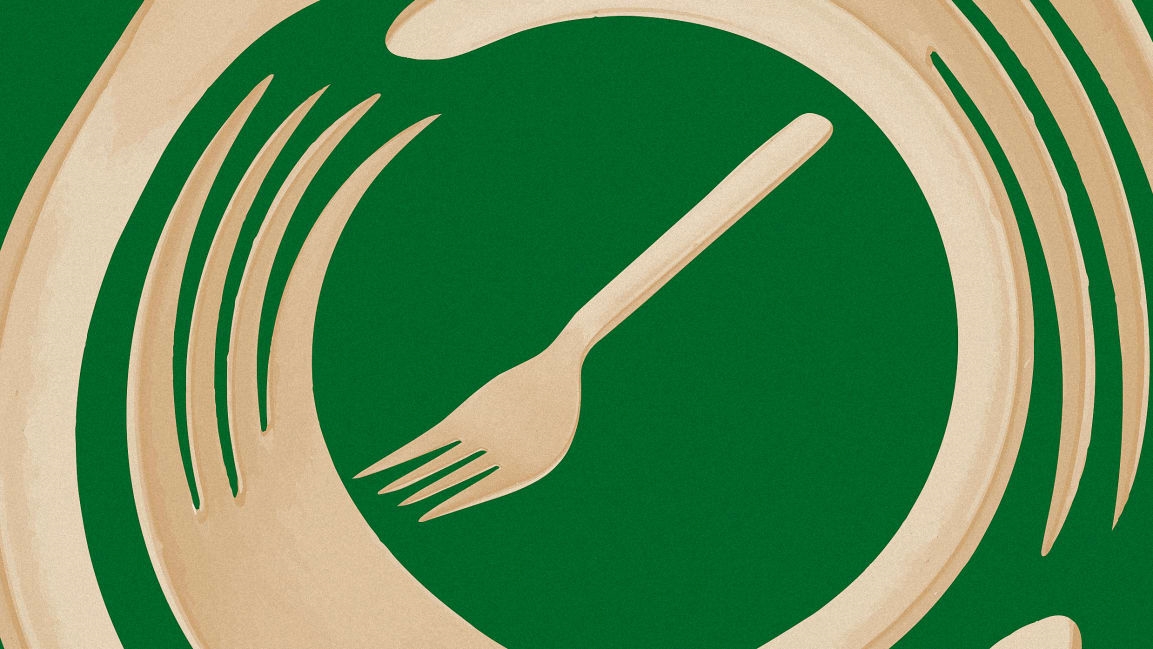If you can’t compost your biodegradable fork, it can now be turned into something useful
Choosing a biodegradable fork over a traditional plastic utensil seems like an environmental win, but that product still follows the path of a linear economy: raw materials are collected to make something new that ultimately ends up discarded. If those biodegradable plastics are tossed in the trash rather than sent to an industrial composter, they might not fully decompose—but because they are meant to break down, biodegradable plastics traditionally can’t be recycled, either.
Now, researchers at the the University of Canterbury in New Zealand have found a way to recycle biodegradable plastics into foam that could be used for wall insulation or floatation devices, giving a second life to something like that compostable fork rather than just leaving it to break down or fill up a landfill.
Heon Park, a chemical engineering lecturer at the University of Canterbury and author of the study on recycling biodegradable plastics published in Physics of Fluids, led the research, in which knives, spoons, and forks made of corn underwent a physical foaming process. That cutlery was put inside a chamber where carbon dioxide was dissolved into the plastic at a high pressure, “just like soda in a closed can has lots of CO2 in it,” Park explains via email. When the chamber is depressurized, the carbon dioxide expands and so does the plastic along with it, just like opening a can of soda releases that carbonation.
Each time plastic is recycled it loses some strength, and since biodegradable plastic is meant to decompose, it doesn’t offer a lot of structural integrity to begin with. A new fork made out of a recycled biodegradable fork might not be strong enough to hold up to your lunch. Foams, though, don’t need to be as strong as solid plastics, and since biodegradable plastics need certain conditions to fully break down, like being buried in soil or subjected to extremely high heat, there’s no need to worry about foams made of this plastic breaking down when they’re used, for example, as insulation in a wall.
Biodegradable or bio-based plastics do offer the benefit of reducing the amount of fossil fuels needed to make a virgin plastic product, but they still require energy and carbon to be made, and all that energy use creates something that ultimately gets tossed after one use. It would be better, Park notes, “to reuse or recycle those plastics rather than letting them decay since we can save more energy and material (or carbon footprint).” Since he was able to get biodegradable plastics to foam, Park thinks they could also get those plastics to stretch, turning biodegradable plastic into fibers and films, too.
All this could keep biodegradable plastics out of landfills or even the environment, where they can still pose a threat despite being designed to, eventually, decompose. Recycling plastics would also mean using less virgin materials to make a product. “Our views regarding biodegradable plastics can be broadened,” Park says. “Eventually, it will help reduce plastic pollution and maximize usage of materials.”
(8)



